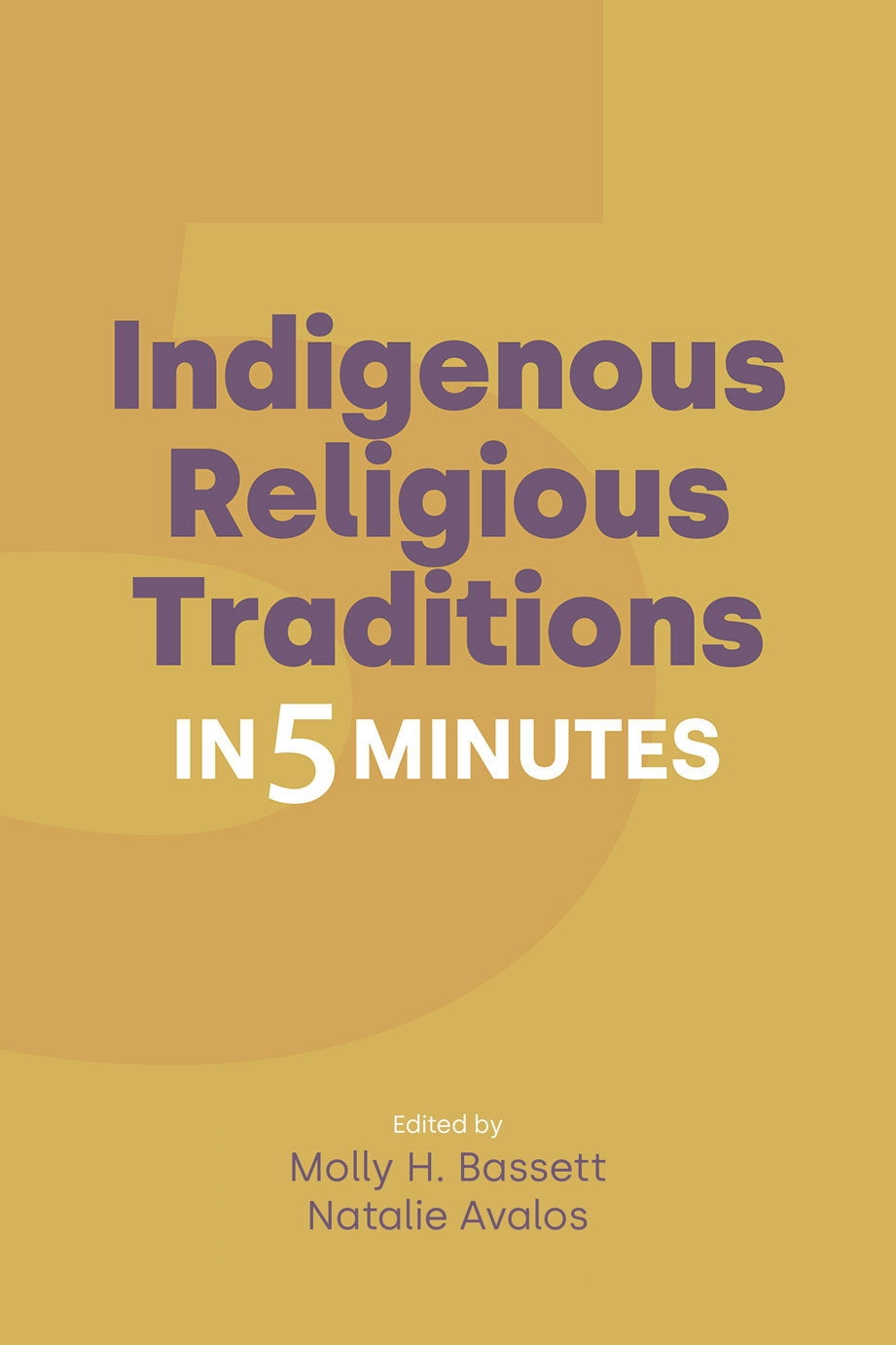22. Is Shinto an Indigenous religion?
Indigenous Religious Traditions in Five Minutes - Molly Bassett
Emily B. Simpson [+]
Dartmouth College
Dr. Emily B. Simpson received her PhD from the University of California at Santa Barbara in 2019 and is a lecturer at Dartmouth College. Her research centers on reinterpretations of the legend of Empress Jingū, a third century empress appearing in early Japanese chronicles, within various Buddhist and Shinto traditions and within women’s cults. Her book project, entitled Crafting a Goddess: Divinization and Womanhood in Late Medieval and Early Modern Narratives of Empress Jingū explores how diverse religious institutions divinized Empress Jingū, focusing on her martial and shamanic deeds, her motherhood and pregnancy, or her connections to maritime communities.
Description
Shinto is often considered an Indigenous tradition. While Shinto is intimately connected to the Japanese archipelago and its various myths, it has also been influenced by other Asian traditions, such as Buddhism, and by “State Shinto,” the version of Shinto adapted and mandated by the nationalist government of Imperial Japan.






